Mali junta, W Africa mediators agree on ‘certain points,’ talks to continue Monday
West African mediators say they have reached an agreement with the junta that has seized power in Mali on “a number of points,” but some issues remain to be hammered out during the talks aimed at restoring civilian rule to the country.
Representatives of the 15-nation Economic Community of West African States (ECOWAS) arrived in the Malian capital Bamako on Saturday for talks meant to reverse the military coup d’état that overthrew Malian President Ibrahim Boubacar Keita last Tuesday.
ECOWAS delegates — headed by former Nigerian president Goodluck Jonathan — spent all day on Sunday holding talks with the coup leaders led by Colonel Assimi Goita behind closed doors.
After nine hours of discussions, Jonathan said late on Sunday that “we have been able to agree on a number of points but not yet on all the discussions.”
The ECOWAS team’s head also said the negotiations will continue on Monday.
Similarly, a spokesman for the military junta, Colonel Ismael Wague, said they have “reached compromise on certain aspects and the negotiations will continue tomorrow.”
Neither side provided further details, but a senior officer close to the junta told Reuters earlier on Sunday that the talks during the morning session had focused on the sanctions imposed on Mali in the wake of the coup.
Meanwhile, French Radio RFI reported late on Sunday that the military has proposed a three-year transition led by a soldier and made up of mostly soldiers.
It also said that the junta was ready to allow Keita — who is kept at a military camp outside the capital — to return to his home or leave the country.
AFP also cited an ECOWAS source as saying that Malian Prime Minister Boubou Cisse would be moved to “a secure residence in the capital.”
Jonathan, who met Keita on Saturday, said the 75-year-old is “very fine.”
The junta of military officers has controlled the country since Tuesday, when the mutineers detained Keita at gunpoint and forced him to step down. They have promised to oversee a transition to elections within a “reasonable” amount of time.
The military rulers say they “completed the work” of the protesters, who had been calling for the president’s resignation for months over alleged corruption and deteriorating security in areas where affiliates of al Qaeda and Daesh Takfiri terrorist groups are active.
The president’s ouster has, however, been condemned abroad, with the neighboring countries calling for his return to power.
The African Union suspended Mali’s membership over the coup.
In turn, ECOWAS, which has taken an especially hardline stance, has suspended Mali from its decision-making institutions, shut borders and halted financial flows with the country.
Hezbollah leaders’ historic funeral showed resistance strength: Islamic Jihad
Iran reports surge in air traffic as Austrian, Lufthansa resume flights
VIDEO | South Africans set to lobby government to isolate Israel
IRGC chief: Nasrallah decisive figure in regional equations with global dimensions
VIDEO | Press TV's News Headlines
Netanyahu's son 'exiled abroad for hitting his father': Knesset member
Iran money supply up 28.4% y/y in late January: CBI
Israeli military prepares for 'extended' West Bank stay as 40,000 Palestinians displaced


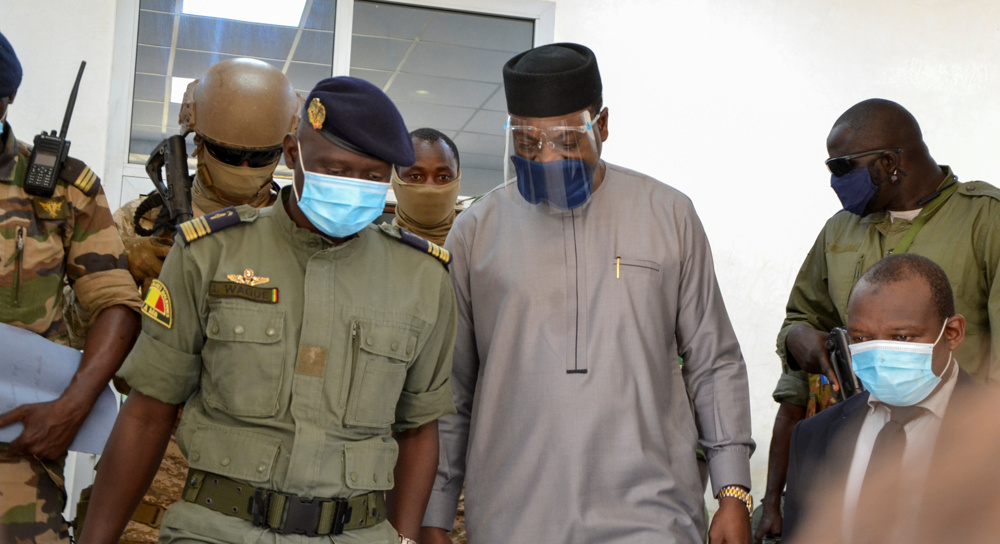



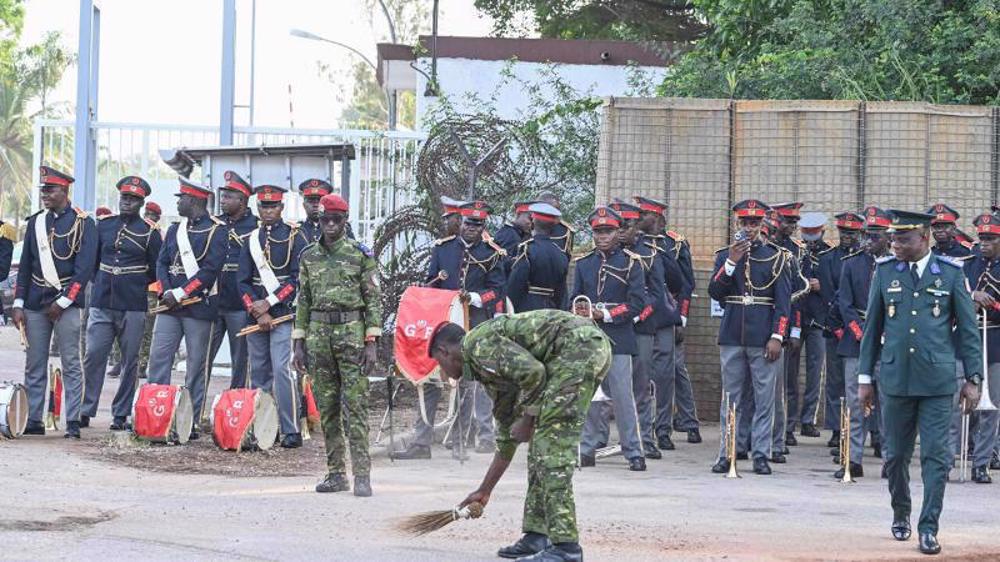
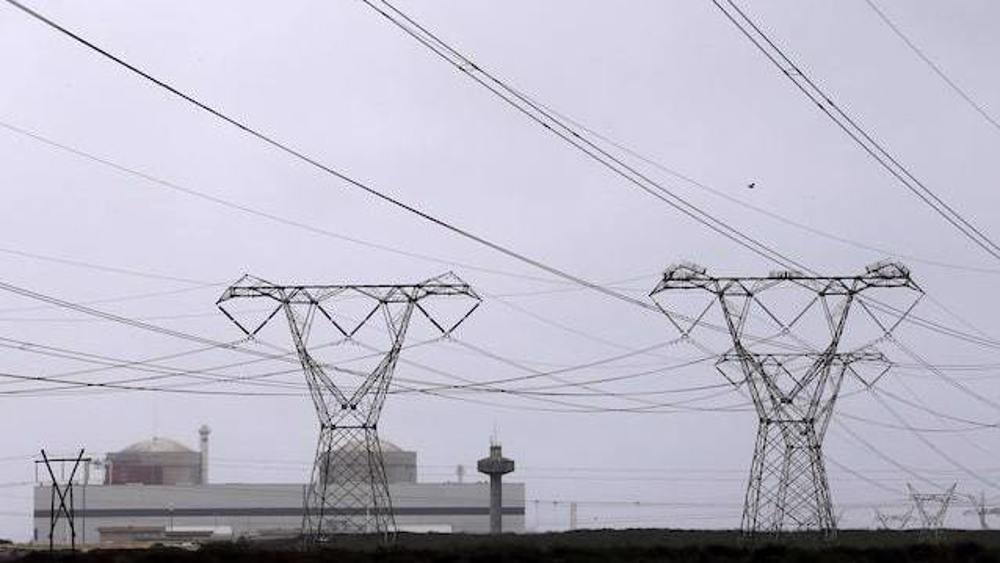
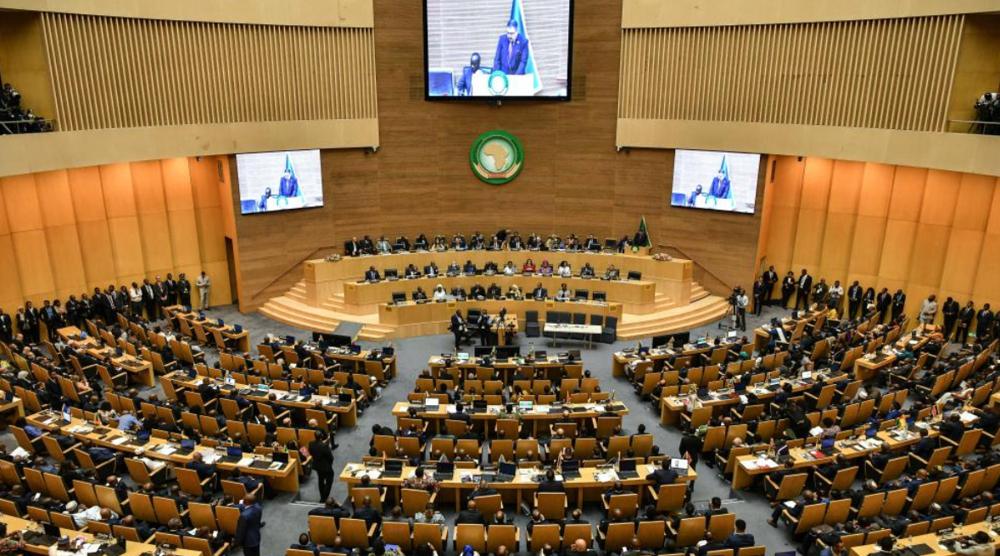




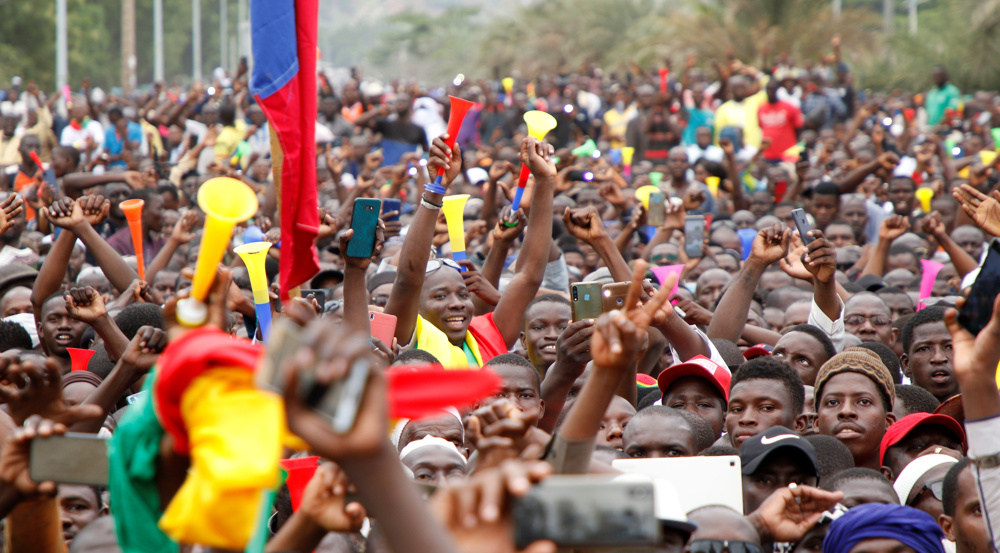

 This makes it easy to access the Press TV website
This makes it easy to access the Press TV website